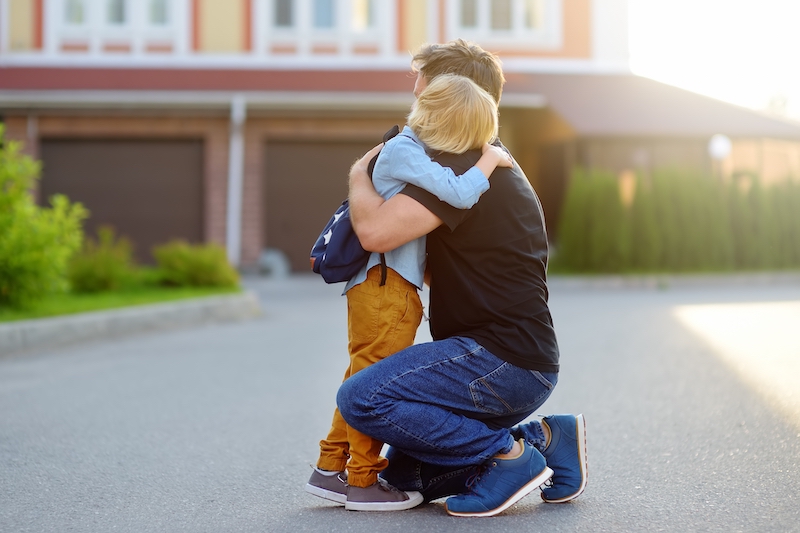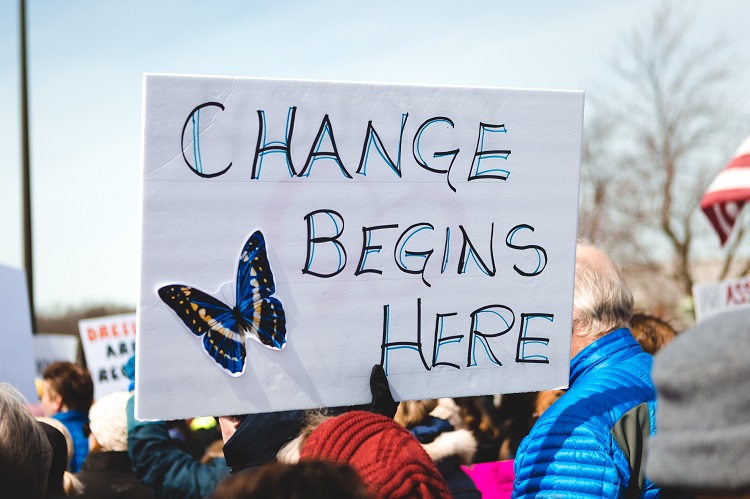Writing for Vox, Dylan Matthews recently shared “more evidence that giving poor people money is a great cure for poverty.” His sarcastic observation is backed by a pair of studies. One found that Kenyans who received cash with no strings attached, “built more assets, bought more goods, were less hungry, and were all-around happier than those who didn’t get cash.” The other, conducted by the World Bank, found that cash transfers to the global poor did not increase spending on tobacco and alcohol—a common critique of such policies.
Though Matthews is primarily focusing on global poverty, he comments that:
[…] [V]oters and politicians generally prefer giving people specific goods—like housing, food, or health care—rather than plain old cash, for fear that the cash might get misused by unscrupulous poor people.
I certainly agree that categorically demeaning the moral character of the poor helps no one, but is Matthews right? Can we best help the poor by simply handing them cash, unconditionally?
I should first note that it is hardly conclusive that unconditional transfers are the best solution abroad—a writer for the Economist remarks that “the string attached can hoist you up.” But domestically, I’m convinced that such a policy would be outright foolish.
Why? Because poverty in America is simply different from the poverty in developing nations. Thanks to the expansion of the American welfare state since the 1960s, the material poverty rate (based on consumption levels) in 2010 was just 3.7 to 4.5 percent, according to estimates from Bruce Meyer and James Sullivan. On the other hand, the poverty rate in 2012, based on income, was about 15 percent. What does this disparity suggest?
[pq]Material deprivation is an aspect of poverty, but it is not the chief aspect afflicting the poor in America.[/pq]
It means that the majority of “the poor” in America are not malnourished or destitute. Many have televisions, microwaves, cell phones, and access to the internet. Unlike the poor in Sub-Saharan Africa, wealth is not primarily what they lack. This isn’t to gloss over their plight—it just means that it doesn’t make sense to hand out cash and call poverty fixed.
An analysis of income inequality in the US, highlighted recently by AEI’s Mark Perry, tells a similar story. Using the Gini coefficient, income inequality among individual Americans has actually remained constant since 1961. Meanwhile, income inequality among families and households has increased fairly significantly since 1970. This seems to suggest that “social, rather than economic factors, are responsible” for the rise in income inequality in America.
In other words, material deprivation is an aspect of poverty, but it is not the chief aspect afflicting the poor in America. Unconditional transfers might work when they are given to people who lack capital, but are motivated and a part of functional families and communities. Sadly, that’s usually not the case here at home.
To fix poverty in America, we need a change in culture—even if it means attaching paternalistic strings (of employment or education) to cash benefits. More so, we need to come alongside the poor in authentic relationship. That might mean helping someone find a sustainable job (like the people working in NYC’s welfare offices) or mentoring a boy who never met his father. Most importantly, we must show people what is true and beautiful in the midst of spiritual, psychological, and cultural darkness.
Simply put, the poverty facing most Americans won’t be solved by cash.



